The report reveals that 19 MPs failed to contribute to any debates in the National Assembly, raising concerns about their effectiveness and commitment to their roles.
Notable among those flagged were Kapseret MP Oscar Sudi and Makadara MP George Aladwa, both of whom have been criticized in the past for similar inactivity.
The findings indicate that the United Democratic Alliance (UDA) party accounted for the majority of the silent MPs, with ten members on the list.
Other parties such as the Orange Democratic Movement (ODM), Amani National Congress (ANC), Wiper, Democratic Action Party of Kenya (DAP-K), and Jubilee also had representatives who failed to speak in the House.
Among those named were Rongo MP Paul Abuoro (ODM), Hamisi MP Charles Gimose (ANC), Kuresoi South MP Joseph Tonui (UDA), and Bahati MP Irene Njoki (Jubilee), among others.
This lack of participation undermines a fundamental responsibility of MPs: to represent the views and concerns of their constituents by actively engaging in debates on local and national issues.
Parliament is a crucial forum for addressing public needs, and silence from elected leaders reflects poorly on their dedication to their roles.
Mzalendo’s report is based on an analysis of parliamentary Hansard records, which document all proceedings and speeches in Parliament.
Using a tool that tracks the frequency of MPs’ contributions, the organization collates data from February to December to assess each member’s performance.
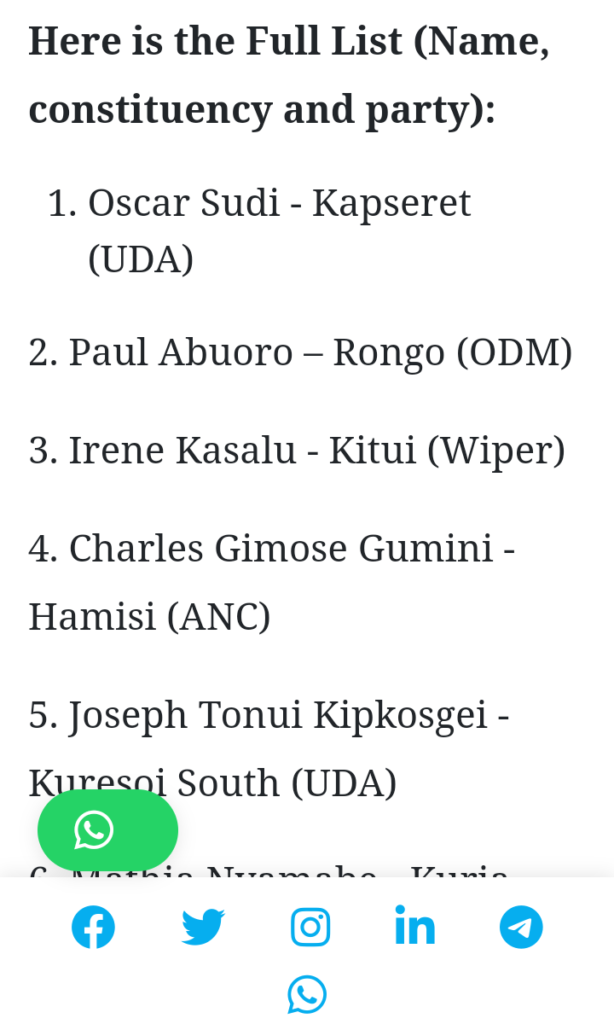
Manual verification of these records ensures accuracy, providing a clear picture of who actively participates in debates and who does not.
However, Mzalendo clarified that the analysis is limited to plenary sessions, as committee proceedings remain inaccessible to the public.
The annual Parliamentary Scorecard, which Mzalendo has published since 2014, focuses solely on in-house contributions.
This methodology ensures transparency but also leaves room for criticism, as it excludes MPs’ activities outside the chambers, such as community projects or committee engagements.
The glaring silence from these 19 MPs suggests a broader issue of disengagement that cannot be justified by external work alone.
Oscar Sudi, a repeat offender in these rankings, has often been criticized for his lack of involvement in parliamentary duties despite his vocal presence outside the House. Similarly,
George Aladwa’s inclusion highlights ODM’s struggles in ensuring its members fulfill their legislative responsibilities.
UDA, bearing the brunt of the report with the highest number of non-contributing MPs, raises questions about the party’s selection process and accountability mechanisms for its leaders.
This report is a wake-up call for voters and party leadership alike.
Silent MPs not only fail their constituents but also compromise the legislative process. As representatives of the people, MPs are expected to champion their communities’ issues on a national stage.
The silence highlighted in Mzalendo’s report is not just an individual failure; it is a collective betrayal of public trust.







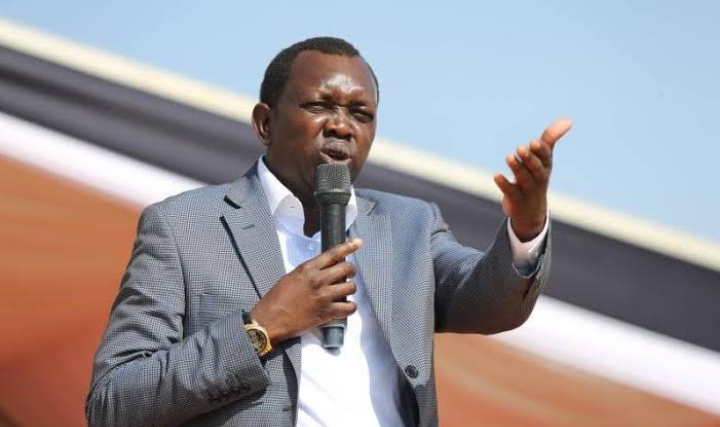
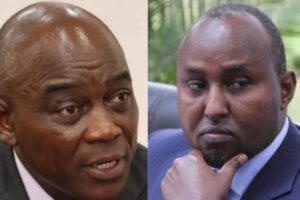
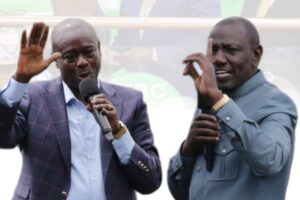
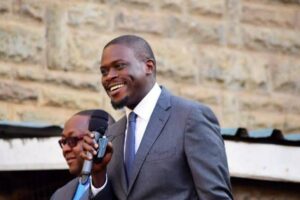
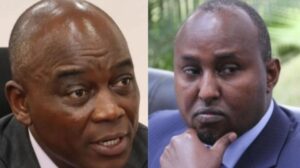
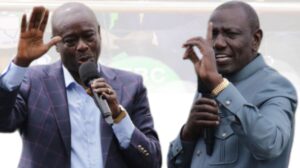
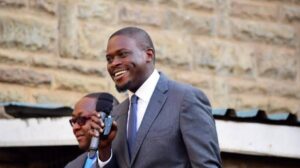
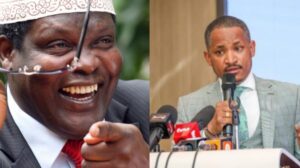

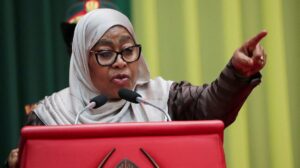
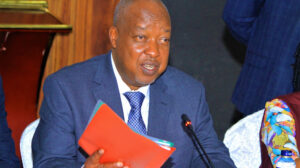


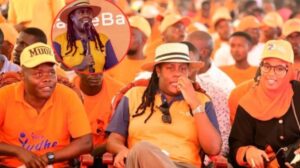
Add Comment